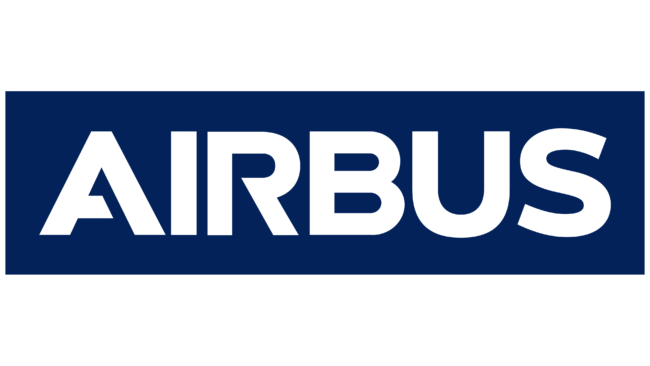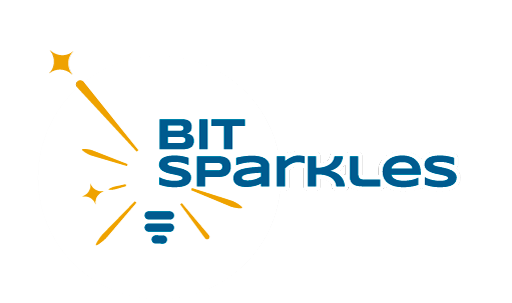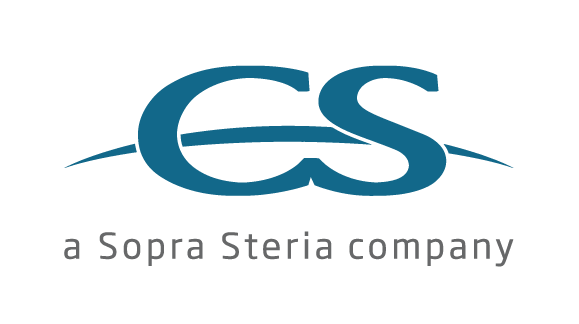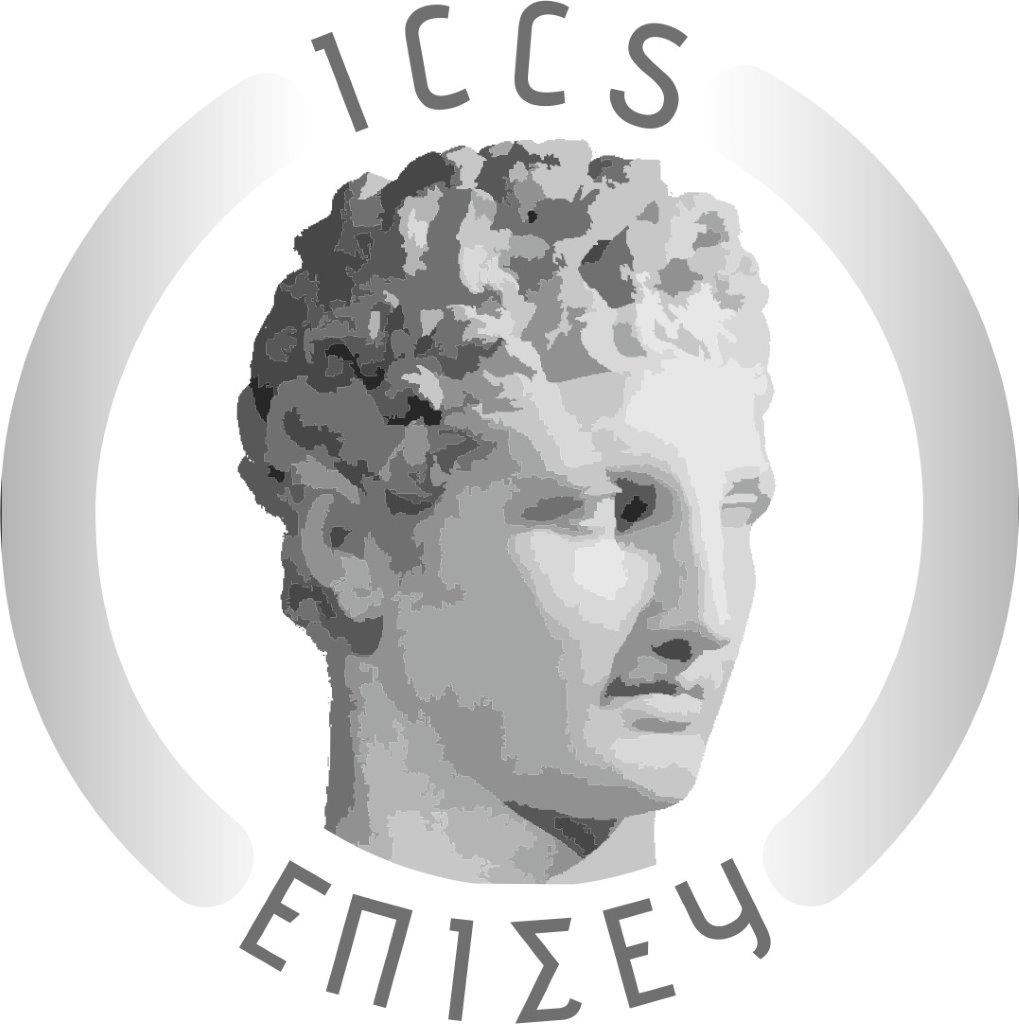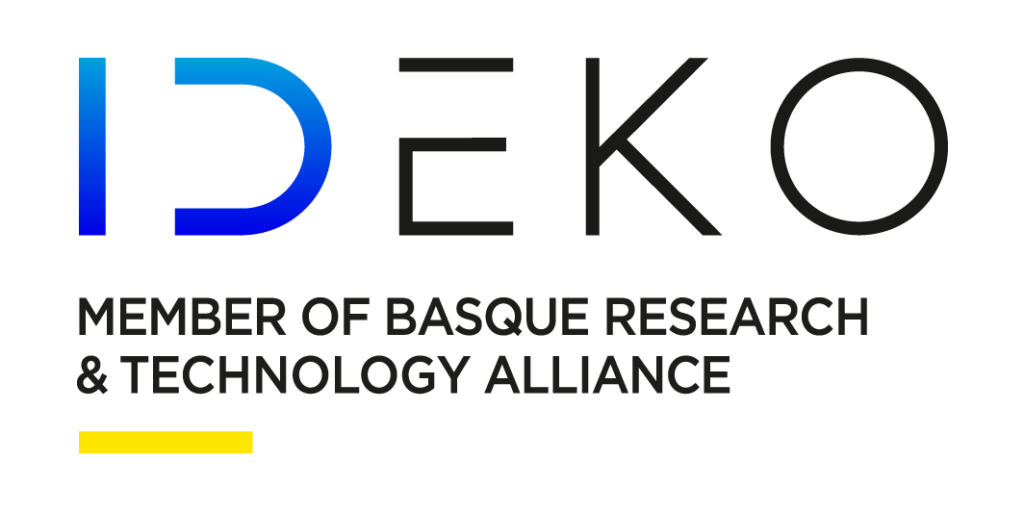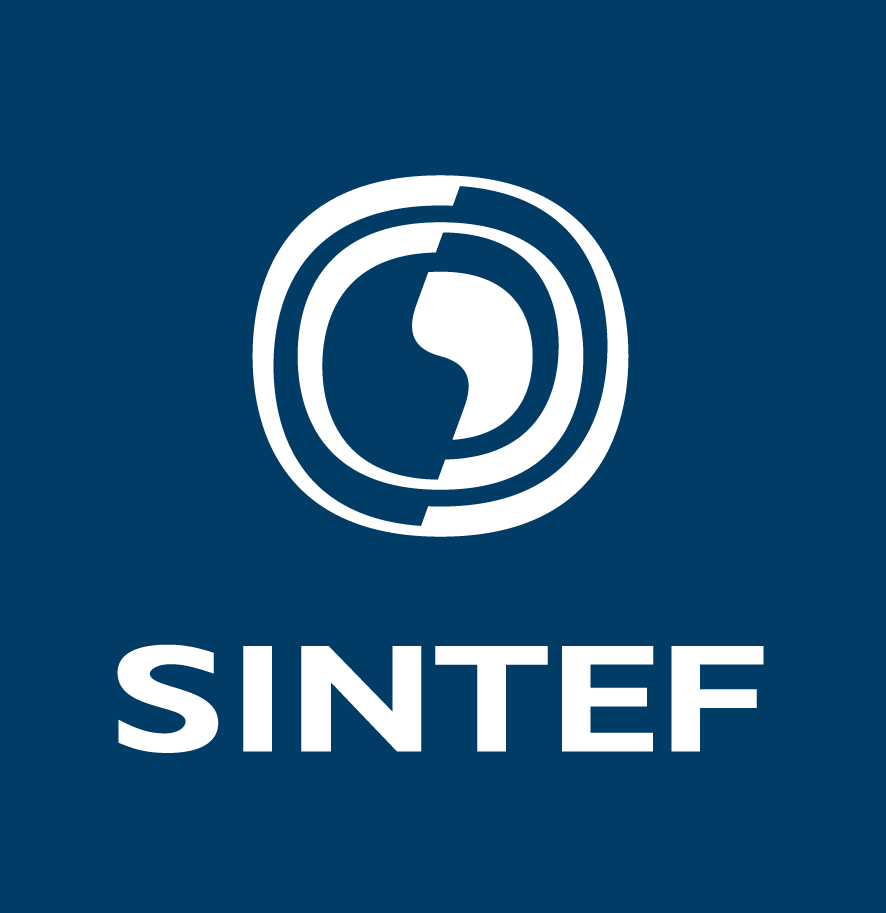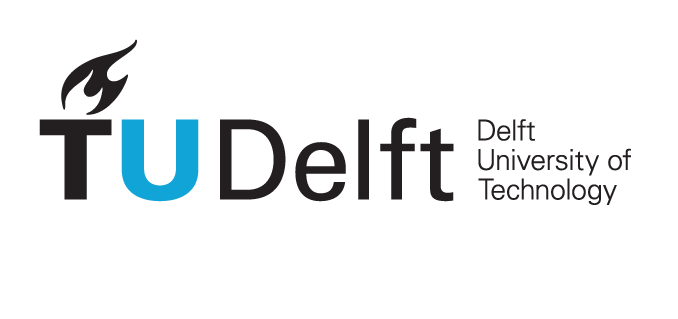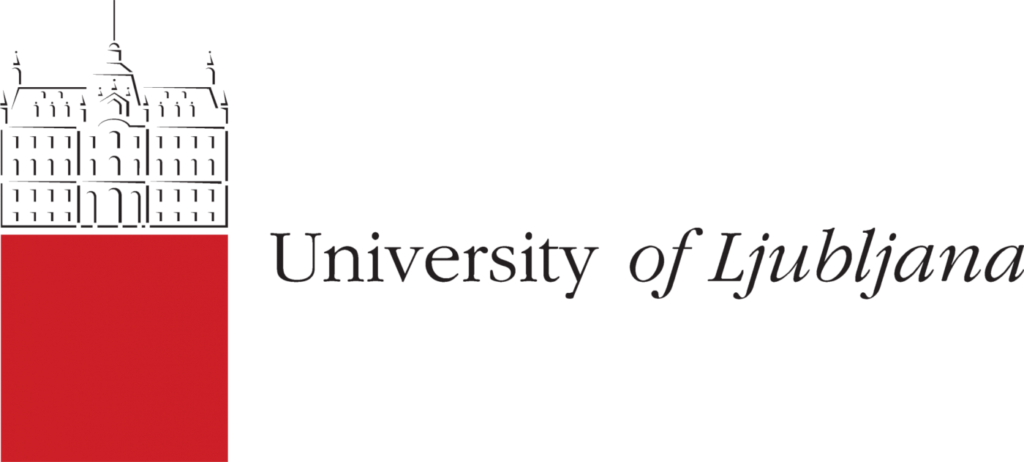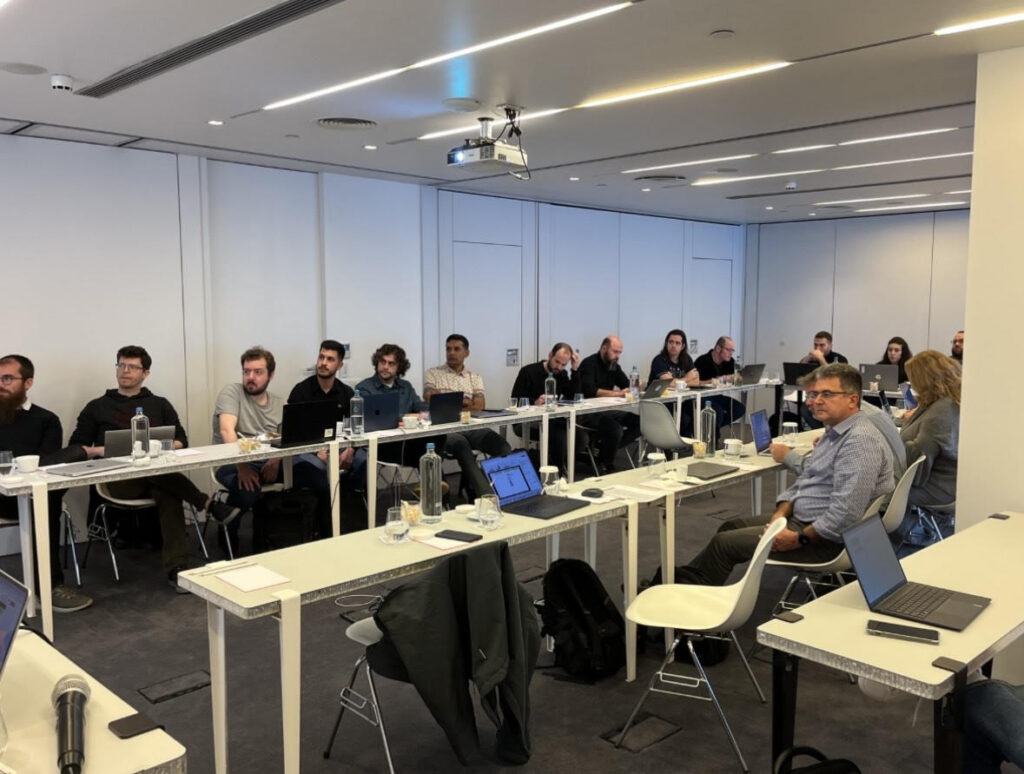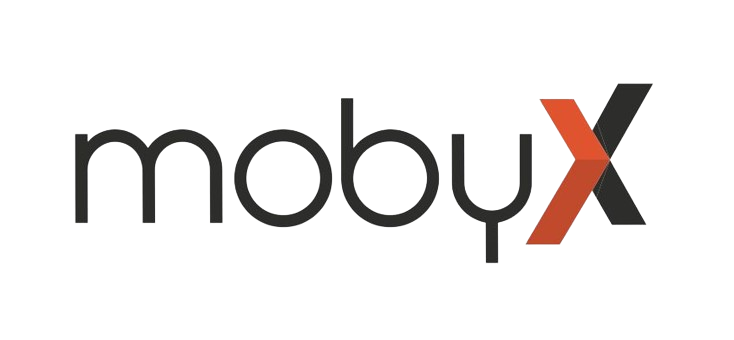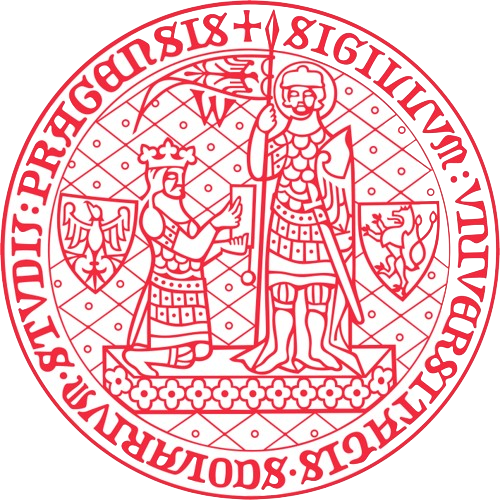The Consortium
20 partners from 10 European countries are developing the innovative ExtremeXP for extremely precise outcomes and decisions.
Partners
Countries
Athena is a Research and Innovation Center on Information Technologies, located in Greece. ΑΤΗΕΝΑ participates in this project through the Information Management Systems Institute (IMSI). IMSI is a leading research institute in Greece and a Centre of Excellence for research, development, and innovation in the areas of large-scale information systems, Big Data management, AI and cloud computing in multidisciplinary (geospatial, health, time series, NPL) settings. Its strong expertise is reflected in the number and variety of R&D projects it has coordinated and participated in the last years.
ΑΤΗΕΝΑ has become a reference point and a pole of attraction not only for highly qualified scientists and students working in the areas of information systems, databases, and Big Data technologies, but also for the dynamic Greek and European private sector in information technologies. It continuously seeks to (a) engage in first-class, novel, internationally competitive research activities by successfully combining fundamental work and an applied orientation, (b) pursue collaborations with research teams of complementary expertise in its areas of interest, and (c) maintain societal and industrial relevance. Further, ΑΤΗΕΝΑ has active collaboration ties with the public administration and Industry on technical and policy issues relating to AI, knowledge management, environmental and geospatial data, open data, crowdsourcing & citizen engagement, crisis management, and proprietary big data analysis for several thematic domains.
ΑΤΗΕΝΑ is ExtremeXP’s project coordinator; leveraging its substantial experience in coordinating European R&D projects, it will ensure the smooth management, monitoring (WP1) and dissemination (WP7) of the project. ARC will also contribute to the R&D activities on scalable visual analytics, ML explainability for handling real-world problems, on real-world data (WP4) and finally on scalable and accurate analysis aware data integration methods (WP3).
The German Research Center for Artificial Intelligence, with sites in Kaiserslautern, Saarbrücken, Bremen (with an associated branch in Osnabrück) and a project office in Berlin, is the leading German research institute in the field of innovative software technology. In the international scientific community, DFKI ranks among the most recognized “Centers of Excellence” and it is currently the biggest research centre worldwide in the area of Artificial Intelligence and its application in terms of the number of employees and the volume of external funds.
The department “Augmented Vision” is strongly involved in all aspects of visual perception and augmented reality including various related subtopics such as 3D Computer Vision, Sensor Fusion, Object Tracking and Scene Understanding.
Intracom Telecom (ICOM) is a global telecommunication systems and ICT solutions vendor operating for over 45 years in the market. The company’s core business offerings include: Wireless Access & Transmission, Telco Software Solutions; ICT Services & Smart City Solutions; Energy Solutions, Big data analytics and data-driven intelligence and; eHealth solutions. ICOM invests annually a significant percentage of its revenue in R&D programs developing cutting-edge products and competitive solutions on an international level. It has a significant involvement in the EU Horizon 2020 research framework.
Contributions of ICOM to specific activities of the ExtremeXP project include:
- Technical and Scientific Coordination of ExtremeXP, assisting the coordinator in WP1 and beyond.
- Supporting the conceptual formulation and architecture of the ExtremeXP framework in WP2.
- Contributing to WP3 in the deployment of the analytics workflows.
- Supporting efforts in WP4 with regards to explorative visualization, user intent and feedback analyses.
- Supporting activities in WP5 in implementing core services of the experiment-driven analytics.
- Leading WP6, focused on the Use Cases activities, validation and integration of services developed throughout the project.
- Contributing to online presence and dissemination activities in WP7
MOBY X SOFTWARE LTD is a start-up company founded by researchers in Cyprus, in 2018. Its main objective is to design transport-related software that is used by authorities for transport planning purposes, and by industry for market studies and investment planning. The MOBY X team for this project consists of numerous experts in the area of transport, mathematical modelling, and software development.
Currently, MOBY X has two main products:
- a personalised smartphone-based travel survey platform (the MobyApp), and
- an integrated spatial and transport planning software for new mobility services (the HARMONY Model Suite).
Both products are the outcome of research and innovation (RD) projects funded by the H2020 framework of the European Commission and other international research councils.
The Vrije Universiteit Amsterdam (VU Amsterdam – VUA) founded in 1880, is a leading research university that ranks among the best in Europe. VUA employs many researchers who are among the best in their respective fields, at both national and international level, and for several years has been one of the leading academic research centres in Europe. VUA houses 12 faculties, 14 interdisciplinary research institutes, participates in two national research centres of excellence of which one as coordinating institution and is participant in 40 accredited research schools, of which 6 as coordinating institution. In total, the VU employs over 1,750 research FTE and yearly more than 6,650 academic articles, monographs and books are published and more than 300 doctorates are honoured.
VUA will participate in the project via the Software and Sustainability (S2) Research Group, which carries out research on software and services in general, and specifically on their socio-technical and environmental sustainability aspects. The S2 group is active in the areas of software architectures, empirical software engineering, and self-adaptive systems.

ActiveEon is an open source solution provider offering “ProActive Workflows & Scheduling”: a comprehensive Open Source job scheduler and Orchestrator, also featuring Workflows and Resource Management.
It is organised in three interfaces: a studio to create workflows, a scheduler to execute the computations on a cluster of commuting resources and a resource management system for all the resources in the cloud continuum. A specific product based on this technology is developed for ML-OPS.
ΑΤΗΕΝΑ has become a reference point and a pole of attraction not only for highly qualified scientists and students working in the areas of information systems, databases, and Big Data technologies, but also for the dynamic Greek and European private sector in information technologies. It continuously seeks to (a) engage in first-class, novel, internationally competitive research activities by successfully combining fundamental work and an applied orientation, (b) pursue collaborations with research teams of complementary expertise in its areas of interest, and (c) maintain societal and industrial relevance. Further, ΑΤΗΕΝΑ has active collaboration ties with the public administration and Industry on technical and policy issues relating to AI, knowledge management, environmental and geospatial data, open data, crowdsourcing & citizen engagement, crisis management, and proprietary big data analysis for several thematic domains.
ΑΤΗΕΝΑ is ExtremeXP’s project coordinator; leveraging its substantial experience in coordinating European R&D projects, it will ensure the smooth management, monitoring (WP1) and dissemination (WP7) of the project. ARC will also contribute to the R&D activities on scalable visual analytics, ML explainability for handling real-world problems, on real-world data (WP4) and finally on scalable and accurate analysis aware data integration methods (WP3).
BU obtained the status of university in 1992, and comprises five academic Faculties, 650 academic staff, 1,100 postgraduate and 3,800 undergraduate awards per year. On average over 17,000 students attend the university yearly. BU enjoys a reputation for excellence through education, research, enterprise and professional practice. BU’s research commitment has been acknowledged by the HR Excellence in Research award from the European Commission. BU, through its academics, has been involved in National and EU Collaborative Research Programs fostering excellent formal and informal collaborative research relationships with private, public and academic partners.
Charles University in Prague (CUNI) was founded in 1348, it consists of 17 faculties and provides education to over 42000 students. It is regarded as one of the leading research institutions in the region of Central and Eastern Europe. The university participates in the project through its Department of Distributed and Dependable Systems (D3S), which is a part of the School of Computer Science within the Faculty of Mathematics and Physics. The department has a long history of participation on research projects both at the national and European level, with partners from major research centers in academia and industry. D3S focuses on research in self-adaptive systems, cyber-physical and IoT systems, formal verification and analysis of software, and performance evaluation, monitoring, and prediction.
The Institute of Communication and Computer Systems (ICCS) is a non-profit research institute established in 1989 by the Ministry of Education of Greece and the School of Electrical and Computer Engineering of NTUA to promote research and development activities in all aspects of computer and telecommunications systems and their applications. The Information Management Unit (IMU) – a research unit of ICCS – will take part in the ExtremeXP project. Research in IMU addresses the whole lifecycle from data analysis to computation (cloud and fog) and decision making.
ICCS will research and develop traceability and trustworthiness aspects for experiment-driven analytics focusing on a Non-Fungible Token (NFT)-based dataset provenance mechanism. Furthermore, it will lead the work on context-aware access control and on the overall secure management of decentralized data and knowledge in ExtremeXP.
Based in Nice, Interactive 4D is a company specializing in the design, development, and distribution of serious games and interactive e-learning tools. With recognized expertise in educational engineering, game design, 2D/3D graphics, and custom development (particularly in artificial intelligence and proprietary engines), the team offers innovative, modular, and multi-platform solutions for the education, professional training, and medical sectors. Among its many achievements are training and simulation tools for cybersecurity, business strategy, aviation safety, crowd management, and more.
This work is part of a scientific mediation and interactive popularization approach, using the dynamics of gaming to make complex concepts (particularly those related to explainable artificial intelligence) more concrete, fun, and engaging.
Interactive 4D also plays a key role in managing the project’s communication and dissemination activities at the European level. The objective is to promote the consortium’s results, make scientific and technical advances accessible, and increase the project’s visibility among stakeholders, from researchers to end users.
IThinkUPC is the consulting and advanced digital services company of the Universitat Politècnica de Catalunya (UPC).
We create solutions and services in Artificial Intelligence, Cibersecurity and Learning that help organisations become more competitive and improve people’s lives.
We combine the knowledge generated at the UPC with the talent and experience of our team, made up of more than 200 engineering and consultancy professionals, who have been working on leading projects and companies for more than 20 years.
This way, we help the UPC in its mission to transfer advanced knowledge in the fields of science and technology to companies and society.
The i2CAT Foundation is a non-profit research and innovation centre that aims to lead the challenge of designing and building the future digital society through research and innovation in advanced digital technologies.
i2CAT Foundation has an extensive experience leading and developing research and innovation projects at the national and international scale in 5G/6G, Internet of Things (IoT), immersive and interactive technologies, cybersecurity, artificial intelligence, blockchain, space communications, and digital society technologies.
The centre focuses its activity on the following pillars:
- The generation of excellent knowledge to tackle the challenges of companies, citizens, and public administrations.
- The collaboration and synergies with other stakeholders of the local research and digital innovation ecosystem to co-develop solutions and products that generate a transformative impact.
- The digital empowerment of citizens through digital, open, participatory social innovation.
The contribution to the digital innovation strategies and policies aimed at increasing the international projection and visibility as a digital and innovative country.


